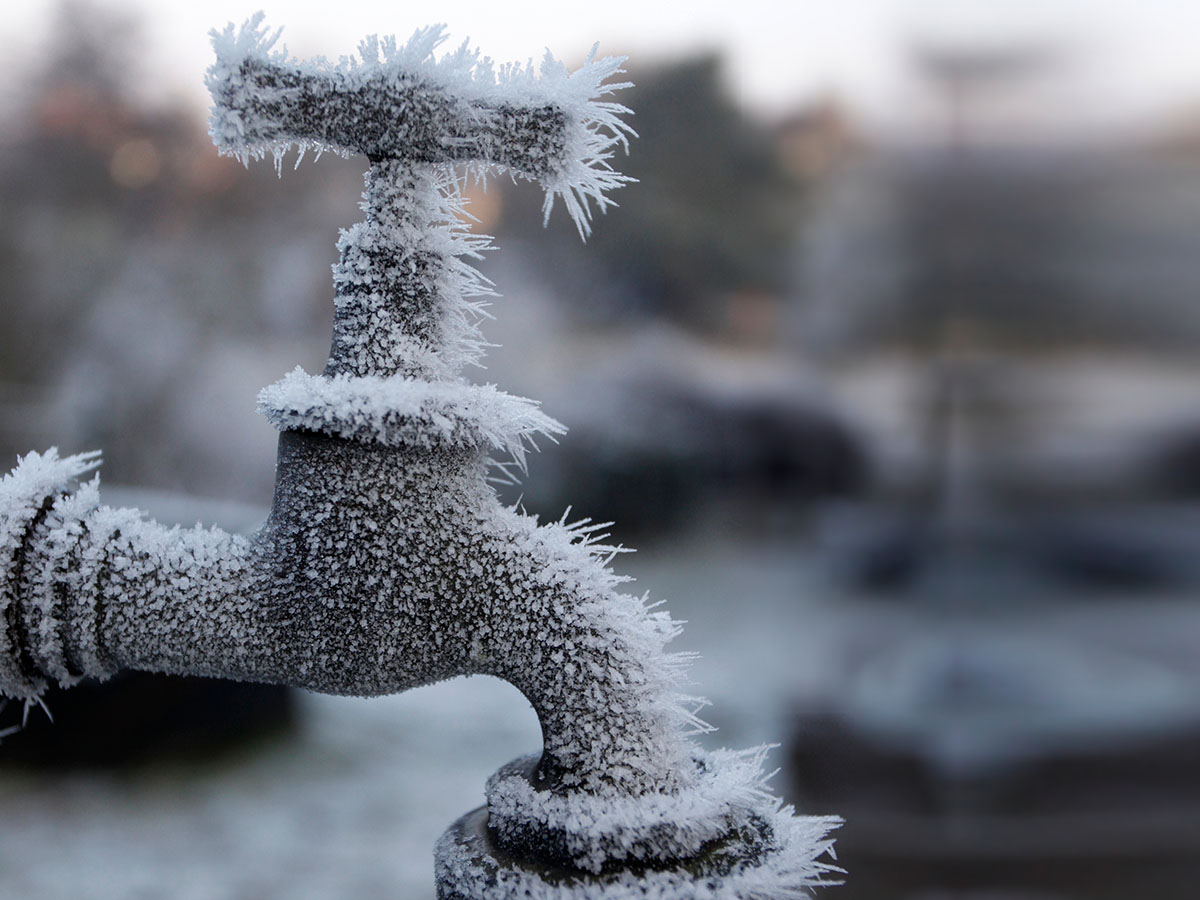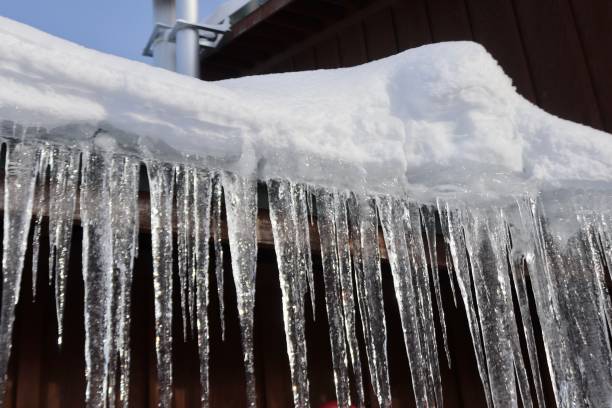Prevent Frozen Plumbing in Winter: Professional Tips
Prevent Frozen Plumbing in Winter: Professional Tips
Blog Article
They are making a few great pointers about How to Prevent Your Pipes From Freezing in general in this post following next.

Cold weather can ruin your plumbing, especially by freezing pipes. Right here's how to avoid it from taking place and what to do if it does.
Introduction
As temperatures decrease, the danger of frozen pipes increases, potentially resulting in costly fixings and water damages. Recognizing exactly how to prevent icy pipelines is important for home owners in cold environments.
Prevention Tips
Shielding prone pipes
Wrap pipelines in insulation sleeves or make use of warmth tape to shield them from freezing temperatures. Concentrate on pipes in unheated or outside locations of the home.
Heating methods
Maintain interior areas sufficiently warmed, especially locations with pipes. Open cupboard doors to enable cozy air to circulate around pipes under sinks.
How to determine frozen pipelines
Search for lowered water circulation from faucets, unusual odors or noises from pipes, and visible frost on revealed pipelines.
Long-Term Solutions
Architectural changes
Consider rerouting pipes far from outside wall surfaces or unheated locations. Add additional insulation to attics, cellars, and crawl spaces.
Upgrading insulation
Purchase high-grade insulation for pipelines, attics, and walls. Correct insulation aids preserve consistent temperature levels and lowers the threat of frozen pipes.
Safeguarding Exterior Pipes
Garden pipes and outside taps
Detach and drain yard tubes before winter. Set up frost-proof faucets or cover outdoor taps with insulated caps.
Comprehending Frozen Pipes
What creates pipes to freeze?
Pipelines ice up when exposed to temperature levels below 32 ° F (0 ° C) for prolonged durations. As water inside the pipelines freezes, it broadens, taxing the pipeline walls and potentially triggering them to rupture.
Risks and damages
Icy pipes can lead to water system disturbances, home damages, and pricey fixings. Burst pipes can flood homes and cause comprehensive architectural damage.
Indicators of Frozen Pipes
Identifying icy pipelines early can avoid them from rupturing.
What to Do If Your Pipes Freeze
Immediate actions to take
If you believe icy pipes, maintain faucets open to relieve stress as the ice melts. Make use of a hairdryer or towels taken in hot water to thaw pipelines gradually.
Conclusion
Preventing icy pipes needs proactive procedures and fast reactions. By recognizing the causes, indicators, and preventive measures, home owners can protect their pipes throughout cold weather.
Helpful Tips to Prevent Frozen Pipes this Winter
UNDERSTANDING THE BASICS: WHY PIPES FREEZE AND WHY IT’S A PROBLEM
Water freezing inside pipes is common during the winter months, but understanding why pipes freeze, and the potential problems it can cause is crucial in preventing such incidents. This section will delve into the basics of why pipes freeze and the associated problems that may arise.
THE SCIENCE BEHIND FROZEN PIPES
When water reaches freezing temperatures, it undergoes a physical transformation and solidifies into ice. This expansion of water as it freezes is the primary reason pipes can burst. As the water inside the pipe freezes, it expands, creating immense pressure on the walls. If the pressure becomes too great, the pipe can crack or rupture, leading to leaks and water damage.
FACTORS THAT CONTRIBUTE TO PIPE FREEZING
Low Temperatures: Extremely cold weather, especially below freezing, increases the risk of pipes freezing. Uninsulated or Poorly Insulated Pipes: Pipes located in unheated areas, such as basements, crawl spaces, or attics, are more prone to freezing. Insufficient insulation or lack of insulation altogether exacerbates the problem. Exterior Wall Exposure: Pipes running along exterior walls are susceptible to freezing as they encounter colder temperatures outside. Lack of Heating or Temperature Regulation: Inadequate heating or inconsistent temperature control in your home can contribute to frozen pipes. PROBLEMS CAUSED BY FROZEN PIPES
- Pipe Bursting: As mentioned earlier, the expansion of water as it freezes can cause pipes to burst, resulting in significant water damage.
- Water Damage: When pipes burst, it can lead to flooding and water damage to your property, including walls, ceilings, flooring, and personal belongings.
- Structural Damage: Prolonged exposure to water from burst pipes can compromise the structural integrity of your home, leading to costly repairs.
- Mold and Mildew Growth: Excess moisture from water damage can create a favorable environment for mold and mildew growth, posing health risks to occupants.
- Disrupted Water Supply: Frozen pipes can also result in a complete or partial loss of water supply until the issue is resolved.
WHY CERTAIN PIPES ARE MORE PRONE TO FREEZING
- Location: Pipes located in unheated or poorly insulated areas, such as basements, crawl spaces, attics, or exterior walls, are at higher risk of freezing.
- Exterior Pipes: Outdoor pipes, such as those used for irrigation or exposed plumbing, are particularly vulnerable to freezing as they are directly exposed to the elements.
- Supply Lines: Pipes that carry water from the main water supply into your home, including the main water line, are critical to protect as freezing in these lines can affect your entire plumbing system.
- Underground Pipes: Pipes buried underground, such as those connected to sprinkler systems or outdoor faucets, can be susceptible to freezing if not properly insulated.
https://busybusy.com/blog/helpful-tips-to-prevent-frozen-pipes-this-winter/

I discovered that review about How to prepare your home plumbing for winter weather while scouting around the search engines. For those who enjoyed our article please be sure to share it. I value your readership.
Give Me A Quote! Report this page